Yates Account
Join now
Create a Yates account today!
Sign up to join the Yates Garden Club for monthly e-mails packed with seasonal inspiration, tips for success & exclusive promotions.
Plus if you’re a Garden Club member you can take part in the Yates Growing Community - a blog to share successes, get advice & win prizes in fun challenges along the way!

Forgot password
Enter the email address associated with your account, and we'll email you a new password.

The plants we grow in our gardens are not always beautiful and harmless. The months from August until March can mean sneezing, itchy eyes, a runny nose and extreme fatigue in people who are sensitive to pollen. Others may suffer seasonal asthma, or find that their asthma becomes worse during these months.
The most significant step you can take in planning a low-allergen garden is to choose bird- or insect pollinated plants rather than wind-pollinated ones. Plants pollinated by birds and insects produce only small amounts of pollen. Many native trees and shrubs are pollinated by birds and insects.
What to avoid:
- asteraceae family (daisies, chrysanthemums, calendulas, marigolds)
- most introduced grasses
- wattles
- alder
- ash
- birch
- plantains
- coprosma
- elm
- liquidambar
- maple
- white cedar
- oak
- olive
- pines
- poplar
- privet
- walnut

Choosing suitable plants
Low-allergy plants include those that are pollinated by insects or birds only, or that are propagated by cuttings or grafting. Some plants you might like to try are:
Grasses and ground covers:
- buffalo
- kidney weed (dichondra)
- snow-in-summer (Cerastium tomentosum)
- low-growing cotoneaster
- native violet
Climbers:
- clematis
- Chilean jasmine
- passionfruit
- banksia rose
- star jasmine
Shrubs:
- azalea
- rhododendron
- camellia
- gardenia
- rosemary
- bottlebrush
Trees:
- magnolia
- sweet bay
- citrus
- flowering almond, apricot and cherry
- cabbage tree
Flowers:
- alyssum
- aquilegia
- foxglove
- impatiens
- lobelia
- nasturtium
- petunia
- snapdragon
For a full list of suitable low-allergen plants, contact your local nursery or consult the Asthma + Respiratory Foundation NZ.



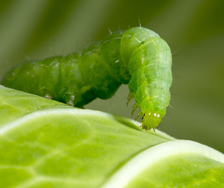
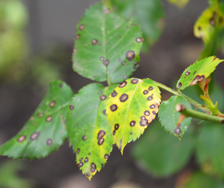
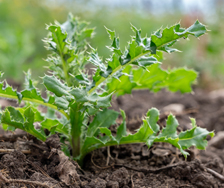
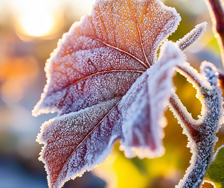
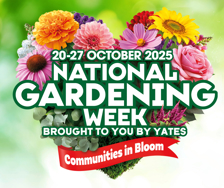





Share
Share this article on social media